Вестник

Magazine of the Russian Program at Pomona College
Spring 2023
Claire Tiunn (Chang) PO'24



Carolina Gutiérrez-Tunstad SC ‘24
Alexandra Runnels PO'25
Asya Lyubavina PO'26 ors
Alexander Assoufid, PO ‘26
Alexandra Runnels PO'26
Yarik Boriskin PO'26
Miriam Akhmetshin SC ‘26
Mikołaj Mikołajewski PO'25
Natalie Owen SC'25


Marissa Woodworth SC'25
Elizaveta (Lisa) Gorelik CMC'25
aff

Table of Contents Letter from the Editors 1 Goodbye, Sasha ..................................................................................................................................................................2 Senior profile: Boyang Liu .............................................................................................................................................4 Senior profile: Tara Weil 5 Verka Serduchka and Anti Colonial Drag .....................................6 .....................................7 8 .....................................9 ..................................10 m ..............................11 ...................................12 13 ...................................14 ...................................15 16 ...................................17 ..................................20 21 ..................................22 ...................................23
Dear students and faculty of the Russian Program,
The war in Ukraine has raged for just over a year. It continues to impact not only Europe, but members of our Russian-learning and speaking community here in Claremont. Our thoughts are perpetually with those who are affected by this senseless war and instability it has caused to our perception of peace. We would like to honor those Claremont community members whose lives are impacted by a geopolitical conflict far beyond their control.
For us, the editors of Vestnik, we continue to publish this magazine in order to further conversation and interest in Russia and Eastern Europe. Both politically and culturally, this region is significant to scores of people worldwide. In this issue, we feature articles on a multitude of subjects: family stories (Alexander, Alexandra, & Miriam), Lenin’s mausoleum (Elizaveta), traditional Ukrainian pysanky (Alexandra), Verka Serduchka (Ryan), a Russian program in Staten Island (Colin), mushrooming (Natalie), soccer in Russia and Ukraine (Miko), and Russian fashion (Yarik). We also have interviews with alumni of the department, a crossword, and senior profiles. We also say goodbye to our Language Resident Sasha and welcome our new resident, Xeniya.
Vestnik would not be possible without the help and support of the faculty of the Russian Program: our fearless leader, Larissa Rudova, and Professors Konstantine Klioutchkine and Liana Battsaligova. Vestnik would not be possible without you. We also thank Sasha Bystrova, our language resident, for all of her work these past two years. The Russian Program would not be the same without you. This semester’s Vestnik would also not be possible without the help of our assistant editor, Alexandra Runnels, and our design editor, Asya Lyubavina.
To our graduates, Boyang Liu and Tara Weil, congratulations! We will miss your presence in the department, but we know you have bright futures ahead of you. Всего хорошего in your post-Claremont endeavours!
We hope this issue of Vestnik sparks conversation and thought within our Claremont community. We hope that Vestnik and the Russian Program continue to foster a strong, resilient community, and we thank all of our contributors for their efforts and time. Without further ado, please enjoy the Spring 2023 issue of Vestnik!





From your editors-in-chief,
Claire Tiunn (Chang), Pomona ‘24, & Carolina Gutiérrez-Tunstad, Scripps ‘24
tter From the Editors 1
Goodbye, Sasha
Sasha Bystrova has served the Russian-learning community in Claremont for the last two years as our beloved Language Resident. Sasha has not only taught many of us in class but has also served as a friend and much-loved товарищ of all Russian speakers, be they beginners or native speakers. Sasha’s wit and infectious laughter have brought light into all of our lives, and her sage advice is always appreciated. Sasha, we thank you for all you have done for us and wish you the best as your journey takes you away from Claremont. Although we are sad to see you go, we know you have a bright future wherever you choose to pursue it. We love you, and we know this next journey will seriously change your life.
“Thank you Sasha for everything!! You helped me a lot with improving my conversation skills. You were a lot of fun in our conversation class!” -Alexander Assoufid, PO ‘26
“One of the many memories of Sasha that comes to mind is more of a recurring situation. Since my academic major is international relations I often have to describe my major in the Russian conversation class and at the language table. Since Sasha has told me several times that international relations is международные отношения, Sasha decided that she was not going to tell me what the words were and decided to make me play hangman to freshen my mind about the words. I guessed the words after 5 minutes of guessing letters. Since then, every time I have to say “international relations” in Russian, Sasha and the other Russian students become visibly impatient hoping that I get it right. Thanks to Sasha's dedication, I can now proudly say that I am majoring in международные отношения!
Hey Sasha, Thank you so much for going above and beyond in believing in me, even when I didn't. Thank you for being so dedicated in teaching me and anyone else inside/outside of class and the Russian table. Lastly, thank you for always being so kind and lively!” -Giacomo Marrazza, PO ‘25
“Саша- одна из самых добрых, смешных людей. Я буду помнить тебя и твоих тюленьих, Вельвет и Крокет. Спасибо большое, Саша!!!!!” -Bianca MacNeely, PO ‘25
“Dear Sasha,
Thank you so much for all the hard work you put into the conversation classes, Oldenborg tables, and the Russian Program community! I really appreciate your passion for teaching, making Russian accessible to all of us, and your interests that ‘changed your life, seriously.’ I will really miss Russian Tea and playing games together, and your calm and optimistic attitude. Thank you for telling me to stop using кайф too much. You have such an exciting future and I hope our community can come together once again in the future. Best wishes to your future and I will miss you so, so much Sasha! Я скучаю по тебе <3 С любовью, Клара.” -Claire Tiunn, PO ‘24
“Loved meeting you and seeing Noize MC with you! Hope you get to go to many more concerts and have a nice journey back home (and maybe to Germany?)” -Eva Martinez
Sanchez, Scripps LR
“Sasha helped teach my intermediate Russian class, and always had a fun and engaging activity planned for the day. It was always so much fun!” -Mira Bella, PO ‘26
2
“Sasha, thank you for being our language resident! I feel so lucky to have been your student and I will miss you. One of my favorite memories is painting matryoshkas during one of your study breaks. I also loved when we made memes out of Винни-Пух in 33. Good luck wherever your next adventure takes you. :) <3” -Natalie Owen, SC ‘25
“Thank you for always working so hard to come up with fun activities for us! I still remember how cute the 2022 Valentine’s Day activity was with the seals Крокет and Вельвет. I wish you luck in all the wonderful things you do in the future!” -Alexandra Runnels, PO ‘25
“Здравия желаю, товарищ Быстрова! You are one of the most warm-hearted, funniest, smartest people I know. Being in conversation classes with you for the past two years has been fantastic and super helpful! I hope we will meet again soon!” -Boyang Liu, CMC ‘23
“My favorite memories with Sasha are spending time in the Russian lounge and having Russian tea :) Sasha is always warm, inviting, and kind. Thank you for everything, Sasha! We will miss you!” -Bella Phillips, PO ‘24
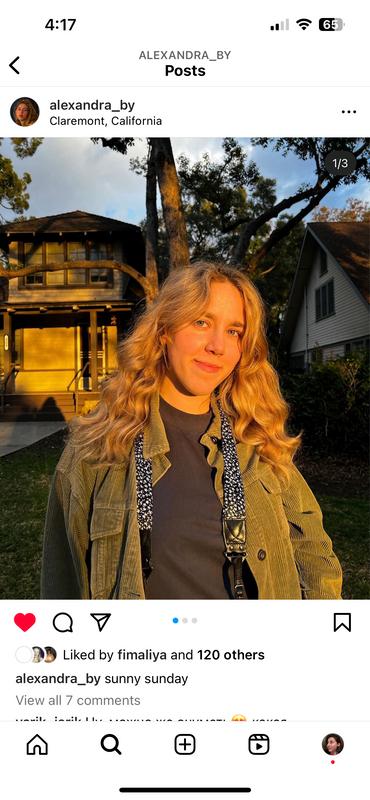
“Thank you so much for creating a community where I could get more in touch with my culture! I am so happy I met such a kind and sweet person as you :) Желаю счастья, здоровья, и всего самого лучшего ! “ - Asya Lyubavina, PO ’26
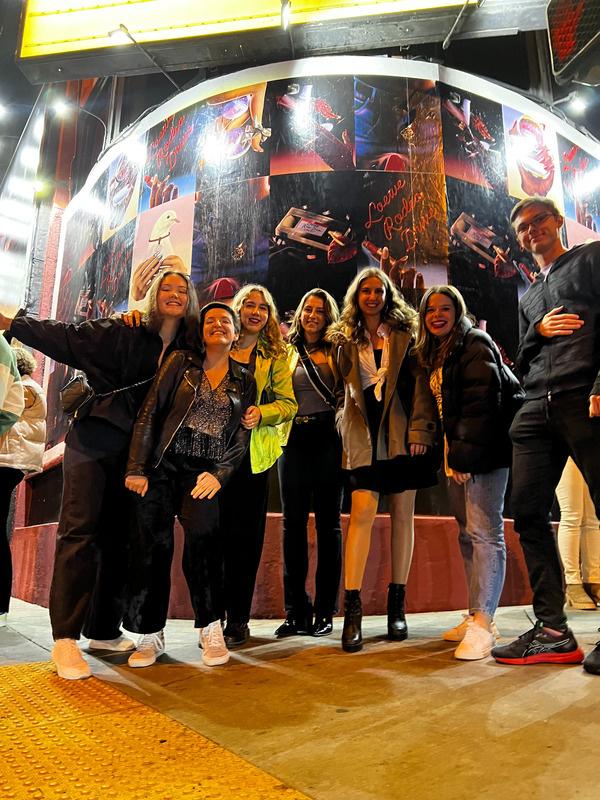
“Sasha has been a constant presence in the Russian Program, and a major reason why I decided to pursue a degree in REES. Her constant offers of tea and snacks will always hold a place in my heart. Sasha: meeting you has been one of the best parts of being in the Russian Program. I will miss seeing you nearly every day, and I will always think of you any time I see ducks. Команда Большая Собака навсегда! Love you always, Carolina.”
-Carolina Gutiérrez-Tunstad, Scripps ‘24
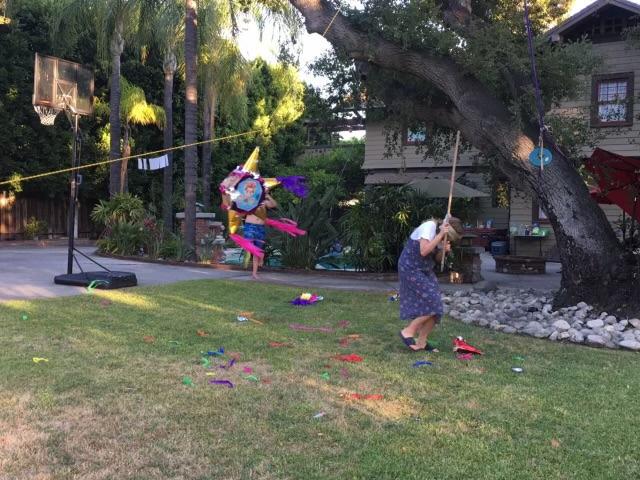
Senior Profile: Boyang Liu
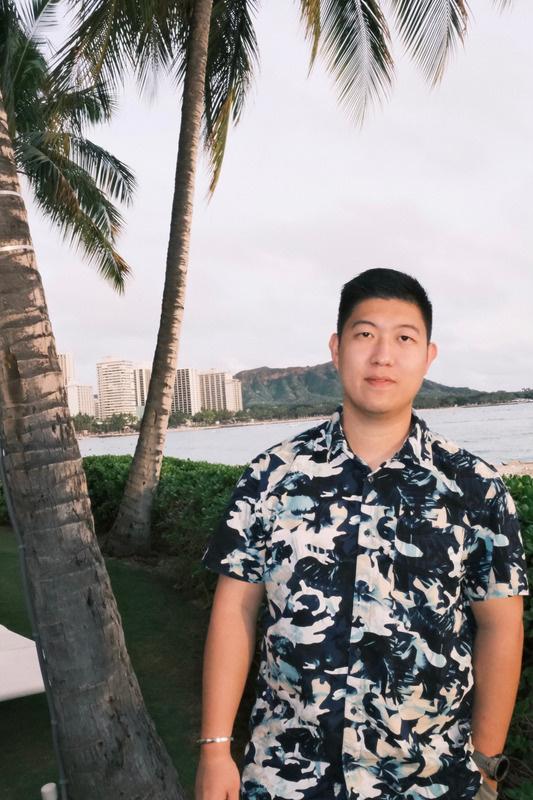 Claire Tiunn, Pomona '24
Claire Tiunn, Pomona '24
I sat down with Boyang Liu (CMC ‘23) in Cafe47. Because of my caffeine sensitivity and bedtime at 9 pm, I forgot to offer Boyang coffee, so we talked over nothing. Boyang was nice about it though. Boyang has been an integral part of the Russian Program and a familiar face around Russian activities. He is a double major in International Relations and Russian & Eastern European Studies (REES), interested in Russian foreign policy and political struggles in Central Asia.
Claire: What made you interested in REES?
Boyang: I have been interested in politics for a long time. We know that China, Russia, and the US are important players in international politics during our time, and also in the future. I come from China and study in the US, so I wanted to learn more about the other big player on the global stage. The Soviet Union has had a significant influence on my grandparents’ generation, so I have been listening to Soviet stories since I was little which piqued my interest.
C: What will you miss most about the Russian Program at Pomona College?
B: The guidance of the professors and the support of fellow students. The Russian program is such a supportive environment. Everyone is friendly and willing to help. I also miss conversation classes! I enjoy how they expose me to different situations using the Russian language. All language residents come up with fun activities to do, which foster my language skills.
C: How do you keep up your Russian?
B: I suggest finding a medium you are interested in. It can be anything: movies, music, rap songs, Morgenstern…just regularly expose yourself to the language. Go to the language table whenever you can! Also, memorizing words is also important, though it is less fun. I have noticed that I know random words in topics like politics, elections, and corruption, but I forget basic words like sneakers and socks.
C: What is your advice to future students of REES or the Russian Program?
B: Take as many REES classes as you can. Since the major is an interdisciplinary program, it is very common for people to find their focus area through academic classes. There are also rich resources for you to utilize to find your interest.
C: What are your future plans?
B: In the long-run I am still not sure. In the near future, I will go to graduate school for my master's degree. I want to study politics in Russia. In the future, I hope to work in academia or international organizations, focused on security and human rights.
C: Anything else you want to share?
B: I hope the war ends very soon!
We agree, Boyang. Thank you for the interview, your contributions to the Russian Program, and your humor! We are cheering for your future. Good luck!
4
Senior Profile: Tara Weil
Carolina Gutiérrez-Tunstad, Scripps '24


This May, Tara Weil will graduate from Pomona College with a degree in Russian and Eastern European Studies, and a minor in media studies. She is also a super cool person, in general. Tara is an active member of the Russian-learning community in Claremont,

Carolina: Before studying at Pomona, what was your experience with Russian?
Tara: I took Russian classes in high school, we all called our teacher “Mама” because she was so nice. I stuck around in the class not only for the language, but because our teacher would make us tea.
C: What is your involvement with the Russian and German Department at Pomona?
T: I’m majoring in Russian and Eastern European studies and writing my thesis on militarizing masculinity in the bylina, the Russian epic folk tales. I’m also in a conversation class this semester, and I really enjoy going to Russian
T: Not yet, but the ultimate goal is to become either a director or a human rights lawyer, whichever happens.
T: Learn the cases early! And remember them! Also, pay attention in class, but still have fun while learning.
T: Probably Wednesday night seminars with Larissa Vladimirovna. She gives us a 15-minute break halfway through, and we all go outside to chat and eat the granola bars she gives us. It’s really nice.
Verka Serduchka and Anti-Colonial Drag
Ryan Hardy, UPenn '23
Even to avid viewers, used to the glitz of the annual Eurovision Song Contest, Ukraine’s 2007 entry turned heads. In contrast to former contest winners, Ukraine’s Verka Serduchka a wellknown drag persona, comedian, and pop artist and her song submission, “Dancing Lasha Tumbai,” brought a unique flashiness and pep to the final round Performing in Russian, Verka Serduchka’s fan base, predominantly Russian-speaking audiences from former Soviet republics, allowed the Ukrainian delegation to draw droves of Eurovision televoters from across Eastern Europe For these viewers, Verka occupied a familiar role in the region’s cultural consciousness, performing rural, working-class, national, and feminine identities of the post-Soviet era
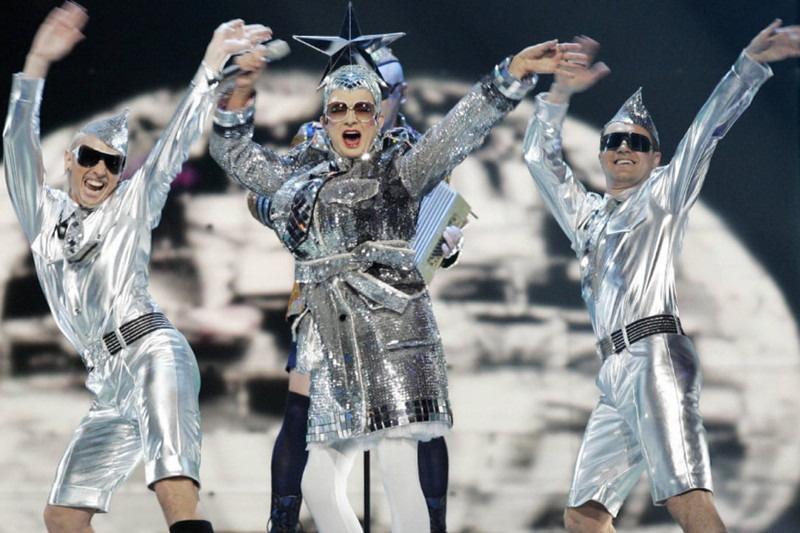
Ukrainian comedian Andriy Danylko created Verka Serduchka in the early 1990s, shortly after the dissolution of the Soviet Union After growing up in Poltava, a small provincial capital in the East of Ukraine, Danylko entered theater school as the nation entered the post-Soviet era Danylko developed the character for an assignment: he imagined Verka Serduchka as a patchwork of the “people who [he] saw every day on the street,” satirizing postsocialist life in Ukraine In Verka, viewers see the street cleaners, subway kiosk assistants, women chatting on the bus, and other family dynamics that occupy the post-Soviet day-to-day Situated in the east of Ukraine, Poltava and its surrounding area reflect a mix of ethnic and national identities Many in the region speak Russian or a mix of Russian and Ukrainian This dialect is known as surzhyk, a term usually used to refer to a mix of wheat and rye flour By using surzhyk while performing as Verka Serduchka, Danylko occupies a hybridized identity both ethnically and linguistically, appealing to the mixed, post-Soviet ethnic identities in Ukraine and other former Soviet republics Beyond language, Verka Serduchka portrays an intersection of rural and urban Ukrainian womanhood Soviet women were expected to participate in the workforce as Soviet citizens and while carrying the double burden of domestic responsibilities Appearing on the SV Show (Spalny Vagon) as a train car attendant, Verka checks tickets, serves tea, and doles out clean linens, often chatting over drinks with passengers in her private car, inquiring about their passions and personal ambitions
In conversations with strangers sitting in coach on a long train ride or while catching up with family members over drinks at a wedding, Verka Serduchka’s performances provide a sense of cultural familiarity to Eastern European viewers, drawing them closer to her persona.
Among viewers, it isn’t Verka Serduchka’s gender insubordination that draws criticism, but rather her ambiguous ethnic identity Depending on her interlocutor and nature of their interaction with Verka Serduchka, Verka can just as easily navigate a conversation mezhdu patsanami (between dudes) as she can po-zhenski (in a feminine way) Her mixed ethnic identity may contribute to Eastern European audiences’ ambivalence towards her disruption of norms in gender performance Some Ukrainians consider her use of surzhyk as a stain on the linguistic purity of the Ukrainian language, while others regard it as a more sincere depiction of Ukrainian identity For Russian nationals, who have made up a large portion of Ukrainian entertainment viewership in the post-Soviet era, much of Verka Serduchka’s entertainment value comes from her stereotypical portrayal of rural Ukrainians This portrayal is most evident in her accent, which sounds like an exaggerated Ukrainian accent in Russian It should also be noted that Andriy Danylko’s drag performances as Verka Serduchka are situated within the realm of comedy, providing a guise for commentary on gender and nationalism otherwise considered inappropriate for mainstream Eastern European entertainment
Verka Serduchka’s performances, amplified on Eurovision’s international stage represent the hybrid cultures and identities present in Ukraine They exaggerate the unseen tensions of post-Soviet life: pressures to be both a working woman and domestic presence, codeswitching between rural and city life and economies, as well as the split identities created by Russian and Ukrainian cultural influences “Dancing Lasha Tumbai” amounts to a post-Soviet drag show, where performed gender identity subverts the attention of all but the intended, post-Soviet audiences and performed Russian-speaking Ukrainian identity relays a sense of pride in Ukraine’s pluriculturalism

6
If you are familiar with Ukrainian folk art, it is likely that you know of a special method of egg decorating using found all across Central and Eastern Europe, but is the most common in Ukraine. The name of these decorated , comes from the verb “to write,” because designs are written on the egg with wax, rather than painted is similar to the process of making batik fabric. Imagine a pristine white eggshell. , or wax-depositing stylus, and writes a design on the egg. Whichever parts are covered in wax will stay white when the eggshell is dipped in its first color (let’s say it’s yellow). Then, the artist will write the design that they want to be yellow, and then dip the egg in a second color (orange). This process will be repeated all the way from the lightest colors to the darkest colors, and the design will be complete. The final step is to melt all the wax off and reveal the design underneath!


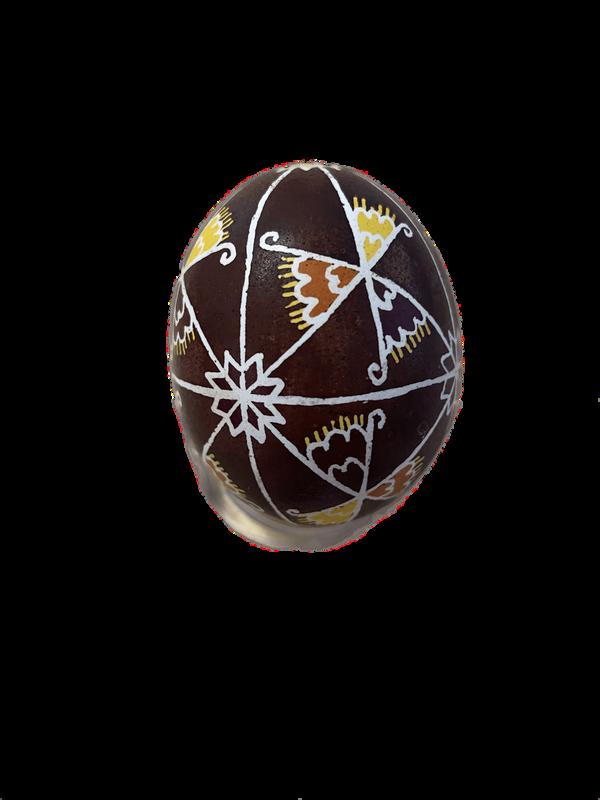

One legend about pysanky comes from the Hutsuls, an ethnic group in Western Ukraine. This legend speaks of a powerful and evil monster, who is held down by chains, and the integrity of these chains changes every year based on how many pysanky are written. If there are a lot of pysanky written, the chains around the monster are tightened, and good prevails for another year. But if there aren’t enough pysanky written in a given year, then the monster’s chains are loosened and it is free to roam, causing chaos and destruction wherever it goes. There are many variations to this legend, but it is still told today.
The two pysanky whose photos are both ones that I have created. The blue and purple floral design is from Chernihiv (in northern Ukraine), and the brown one is from Central Halychyna (in western Ukraine). In the modern day, many pysanka artists choose to put their own flair on traditional designs or create entirely new designs, however, these two eggs are both traditional designs with no modifications.
of Decorating
7
omona '25
The Impact of War on Ukrainian and Russian Soccer
Mikołaj Mikołajewski, Pomona '25
The war has caused many changes - political, social and economic. But what has changed in the world of soccer in Ukraine and Russia since February 24, 2022?
Starting with Ukraine - the 21-22 season of the Ukrainian league was interrupted after the "special military operation" was launched. Shakhtar Donetsk was at the top of the table at the time, but it was determined that a champion would not be elected. At the moment (March 2023), we are in the middle of the 22-23 season, and Shakhtar Donetsk and SK Dnipro-1 are at the top of the table with the same number of points. Clubs that were based in areas of armed conflict have moved to other parts of Ukraine - for example, Shakhtar plays its domestic matches at the Olimpiyskiy Stadium in Kiev, and their international matches are played at the Polish Army Stadium in Warsaw. Although most of the Ukrainian teams finished at the group level or in the first round of the play-offs, this did not prevent many players from performing well and attracting the attention of major European clubs. The entire soccer world was impressed when Chelsea decided to buy Mykhailo Mudryk from Shakhtar, during the winter transfer window, for the sum of 100 million euros (Mudryk thus became the hero of the ninth most expensive transfer in the history of soccer). Since then, Mudryk has played five games for Chelsea and is considered one of the greatest talents in world soccer.

The situation in Russian soccer, looking strictly at the sports level, has not stood at such a low level for a long time. The war and sanctions have drastically changed the world of Russian soccer. All Russian clubs have been excluded from European competitions, and thus the biggest Russian clubs have been cut off from the huge money that playing in Europe brings. Many international companies that had supported Russian clubs ended their sponsorship contracts with immediate effect, dealing a blow to their finances.
These events can definitely be seen in the transfer market, as the biggest transfer of recent windows is CSKA Moscow's purchase of Jorge Carrascal for €6 million (In recent years, transfers to the Russian league for €30-40 million have become much more frequent). Many players from other countries playing in the Russian league have been forced out of the Russian league by the coaches of their national teams if they wished to continue playing for their country's national team. Many players chose to leave immediately, weakening already severely weakened Russian clubs. The glory days of Russian clubs, when Zenit or CSKA were the revelations of European competitions, have been left far behind and are unlikely to be returning soon.
Although the war had a huge impact on both countries, the Ukrainian league is definitely doing better under the circumstances, compared to the Russian league. One can only hope that the conflict will end as soon as possible, and Ukrainian clubs will start being worthy opponents again for their European counterparts.
8
Mushrooming Among Soviet-born Jews and the Diaspora


 Natalie Owen, Scripps '25
Natalie Owen, Scripps '25
Magical, functional, meditative– mushrooming is many things. For Eastern European Jews, like my grandparents, in North America, East Coast mushrooming is both nostalgic and nurturing, an opportunity to practice a familiar love in an unfamiliar landscape Without getting deeply into it, mushrooms and mushrooming have long held cult status in Eastern European and Slavic cuisine and practice, but not so in Jewish tradition– among Jewish inhabitants of Eastern Europe, mushrooming has not been as much or as long a part of cultural practice, and was adopted perhaps as both a form of Russianization and of Sovietization (if this is of interest, I recommend reading “Picking Mushrooms in America: A Jewish Immigrant Tradition” by Maxim D Shrayer, which explores this idea in more depth) For my grandparents of this era and for their Jewish friends, mushrooming is a connection to and continuation of tradition, a way to build and share community, and of course, an opportunity for soup-making and pickling and any other mushroom function you can imagine.
If you ’ ve ever mushroomed before, and even if you haven’t, you know (or can imagine) that a sharp eye is obligatory A sense of excitement is important, but so is patience Part of the beauty of mushrooming is the aesthetic undertaking of walking through wet forest, spotting a mushroom, getting on the ground (or close to a tree) to inspect it, and if you’re feeling confident or curious, cutting it cleanly from its place and taking it with you. To simulate the joy of this undertaking, below is an educational mushrooming activity.
These two images look reasonably alike at first glance. While looking back and forth between them, imagine a scenario: you come face to face with these two mushrooms on a walk.


9
A Review of Dogs and Others (What Nonsense!)
Marissa Woodworth, Scripps '25
I was looking for some light reading outside of my academics when I stumbled across Bilijana Jovanović’s Dogs and Others (which is neither light nor unacademic). The novel follows the life of its central character, Lidia, along with her little brother, girlfriend, aging grandmother, and their collection of acquaintances. Within the realm of their Belgrade apartment in the 60s and 70s, she seeks to reimagine her childhood or, in her words, “achieve freedom of fabrication, that is to say freedom of memory.” All these memories, that is to say all the scenes, therefore have a questionable foundation in reality. The novel is intricately planned out, despite its circularity, and, when I could figure out what was going on, I found it to be both fascinating and sickening with characters that one cannot help but become attached to regardless of their abundant flaws.
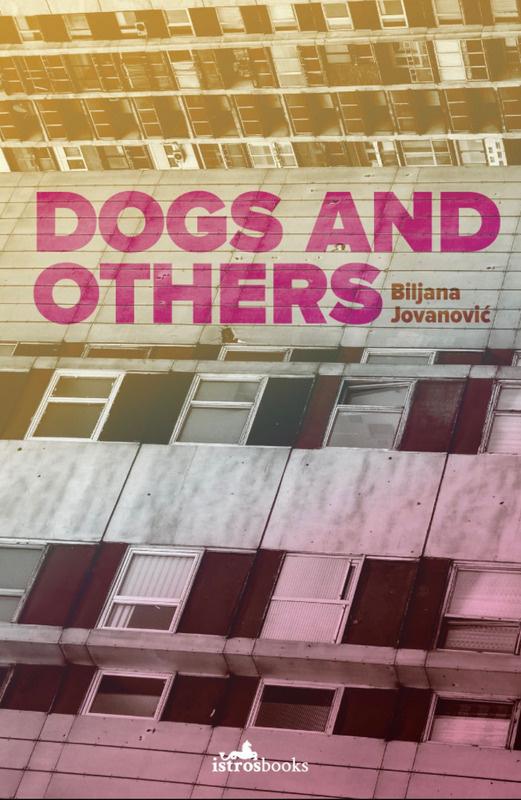
While reading the translation from the original Serbian by John K. Cox, I was curious how his nonparenthetical parentheses, page long sentences, and frequent neologisms evolved from the source text. My knowledge (or lack thereof) of Serbian aside, I cannot imagine understanding this novel well enough to translate it. Everything that occurs, past and present, is called into question. Some characters have doppelgangers while others remain nameless, and I wondered how many of the latter might be projections of Lidia herself. Yet every question of the novel has a seeded answer, albeit one that is often obscured from my vision, and certainly from Lidia’s. None of the passages are wasted rhetoric; you have to read every word. I can only commend Cox for having enough clarity to accomplish such a meaningful unintelligibility. The characters themselves are just fantastical enough to be lifelike. Their arguments and conversation are surreal in the way that human emotion often overcomes both explanation and willpower. They are not one-dimensional, but Jovanović does not condescend to explain every tragedy or motivation for the sake of a sympathetic character. In addition,
Lidia herself is somewhat unreliable as a narrator (all her memories are fabricated of course), so the reader has to muddle through her one-sided presentation of her family’s undiscussed past. Through this process, the reader must evaluate how what is unsaid in Lidia’s family dictates their relationships, and the impossibility of expressing understanding or love in the face of this history.
Lidia’s story does a remarkable job at capturing both the effects of trauma and the intangibility of memory while offering a feminist critique of her Yugoslavian society that is still poignant today. Despite its relatively short length (just under 180 pages), Dogs and Others is a heavy and often uncomfortable read, but profoundly worth it. Anyone interested in the former Yugoslavia or broader Eastern European history in the mid 1900s should definitely read it (and please explain the references I missed). It would also be a rewarding read for anyone interested in more Avant-garde writing, or those who want a novel that pushes (or perhaps punishes) its readers.
10
providing a Russian language program was close to zero at this time. And because Russian was required, Staten Island Tech held the largest Russian-language enrollment of any school in the nation
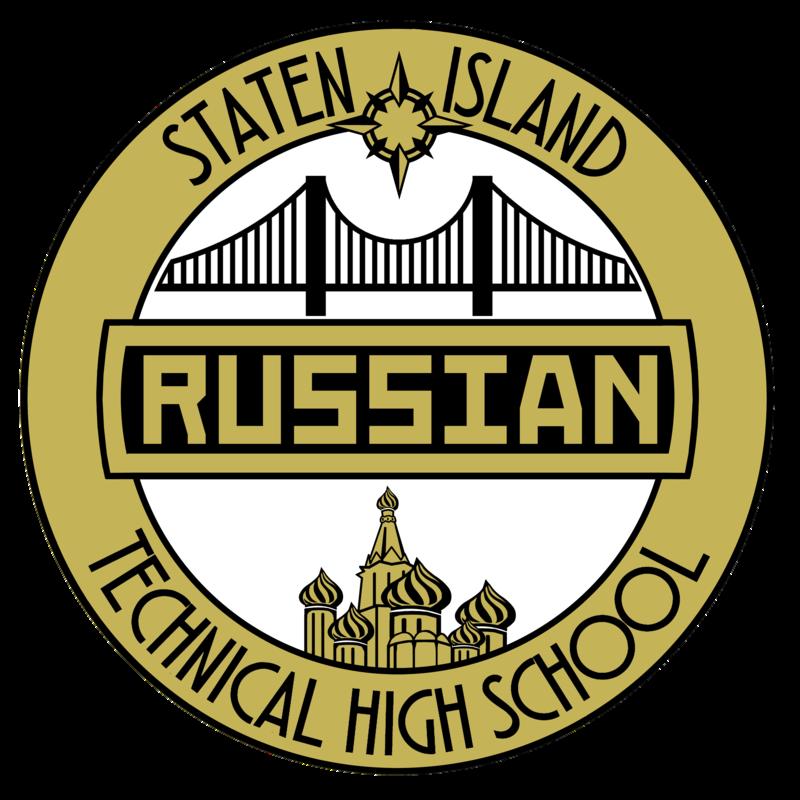
This unique idea for a STEM-specialized public school with a focus on Russian language garnered national attention in the year following its creation. In June 1989, President Reagan and Mikhail Gorbachev met to expand a student exchange program in hopes of improving relations between the two nations. The result was the U.S.U S S R High School Partnership Program, which named thirty “partner” schools in the U S and U S S R to send roughly forty students between each other Staten Island Tech was among the thirty schools, bringing it to the national forefront and giving students from very different cultures a chance to find common ground


While the program no longer exists today, as diplomatic ties between Russia and the U.S. have worsened in recent years, the tradition of bridging cultural gaps is alive and well in the current Russian program at Staten Island Tech


Max Shelton and the American Councils
Alexander Assoufid, Pomona '26



Ever since the war in Ukraine started, the question of where students of the Russian language will study abroad has become quite complicated. However, Max Shelton, a representative of American Councils, visited the 5C Russian Program to answer that question. In an interview that I had with him, he announced two new sites, opening in Yerevan, Armenia (a year-long program) and Tbilisi, Georgia (which is only during the summer). Of course, they will still hold their yearlong program in Almaty, Kazakhstan. Each of these programs will “focus on local culture through the lens of the Russian language.” Each program includes 4 different courses that immerse the students into Russian language and local culture. Grammar courses have a goal of bringing each student to a level of mastery, phonetics courses that focus on pronunciation, reading and writing courses, and a cultural course that focuses on local history and politics. The professors adopt a Russian style of teaching that ensures that no student is left behind, as opposed to the fast-paced syllabi that are common in the US. Mr. Shelton stated that if you want to move to the next topic, you, the student, must prove to them that the topic at hand comes naturally to you. Optional courses in the local languages will also be offered. Students will also be provided with a language partner, however, it’s up to the students to contact them.
Students will also experience their host nations through a variety of excursions. Students will see many different museums, historical buildings, monuments, and experience the natural world that surrounds their host city. As a residential director in Yerevan, Mr. Shelton brought his students to various museums across the city, an old monastery, and pagan temples. He also took them to a natural spring that had drinkable water that tasted disgusting, but “was supposedly good for you.” He also described certain “offbeat” excursions that he took his students to, such as a winery and a Soviet club, which he described as an arcade and a Soviet styled “столовая” (dining room).
Although these excursions and classes might seem exciting, many might be intimidated by the prospect of living in another country. However, Mr. Shelton assures that “being nervous is normal when going to a foreign nation.” Students will be well prepared to live abroad through a series of orientations that will be held in both Washington, DC, and their host nations. Students will also have resident directors who will help them orient themselves in this new environment. They also understand the anxiety that students might feel when living in a new culture. The resident directors know that students sometimes need to give themselves a break when it comes to being in a different culture. However, if students ever need both physical and mental help, they will be connected with English-speaking doctors and therapists who can help them.
Most importantly, these programs want to further the decolonization of Russian studies by focusing on the local culture rather than just Russian culture. They will ensure each student goes out of their comfort zone and immerses themselves in this new culture. Students will be exposed to the Russian language outside of a
A Conversation with Ash Maria
Claire Tiunn, Pomona '24
Ash Maria, a graduate of the Russian Program from Pomona College in Fall 2022 sat down virtually with me for a postgraduation chat. Ash’s senior interview can be found in our last issue, published in Fall 2022. Ash is looking to pursue his passion in Eastern European literature, decolonial literature, and imperial thought in Brazil in graduate school.
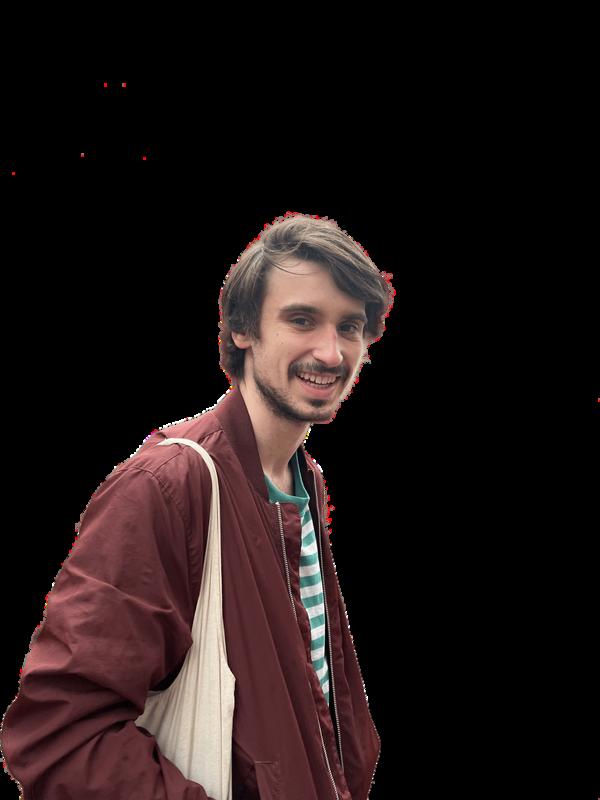
Claire: What are your graduate school plans?
Ash: I am going to UPenn for a Ph.D. in their Comparative Literature and Literary Theory program. The program matches my passion very well, and the culture feels very welcoming and stimulating. They also focus on decolonial work, which is one of my key interests. A Ph.D. is very cool; they pay you to study something you love! I will receive a stipend for six years to immerse myself in the discipline.
C: What do you want to study?
A: I want to help to write a genealogy of REES literature in Brazil. For example, in 19th-century Brazil, revolutionaries like André Rebouças read and were inspired by Tolstoy.
There is also a large diaspora community in Brazil, which highlights the importance of multilingualism and challenges the idea that Russia did not impact the Global South. I am also very interested in Lithuanian literature, translating poetry, and studying post-memory of Lithuanian Jews in Lithuania today. Comparative literature and literary theory is also very interesting to me. A part of this program is understanding the Russian canon, but also the program is flexible in that it engages not only with Russia, but the Russophone world, the Baltics, and more.
C: What is the hardest part about applying to graduate schools?
A: Applying to grad school is a very personal thing. For me, I was pre-med for three years before I decided I wanted to fully devote myself to literature. In my last semester, I had to put in a lot of work to familiarize myself with Russian literature and literary analysis. I also chose a tactical thesis project about an author that is not well known, which gave an edge in my grad school application.
C: What was most enjoyable?
A: It was great to meet people who were interested in literature just like I am. I found my people through this process. I also met people who are interested in more fringe topics that are really fascinating.
C: What is your advice to students seeking grad programs?
A: Programs are trying to get 100% yield, meaning that they are looking for students that fit the research interest they have. If you didn’t get accepted, then it's not that you are not a good candidate, but that it just wasn’t a good fit for the expertise of their faculty. Also, apply to the department, not just the institution. Speak to grad students and professors as much as possible. Think big, and be imaginative!
Thank you Ash for continuing to contribute to Vestnik even after graduation! We can’t wait to hear more about what your future will bring. Thank you for the interview and good luck!
13
A Conversation with Ben Cohen

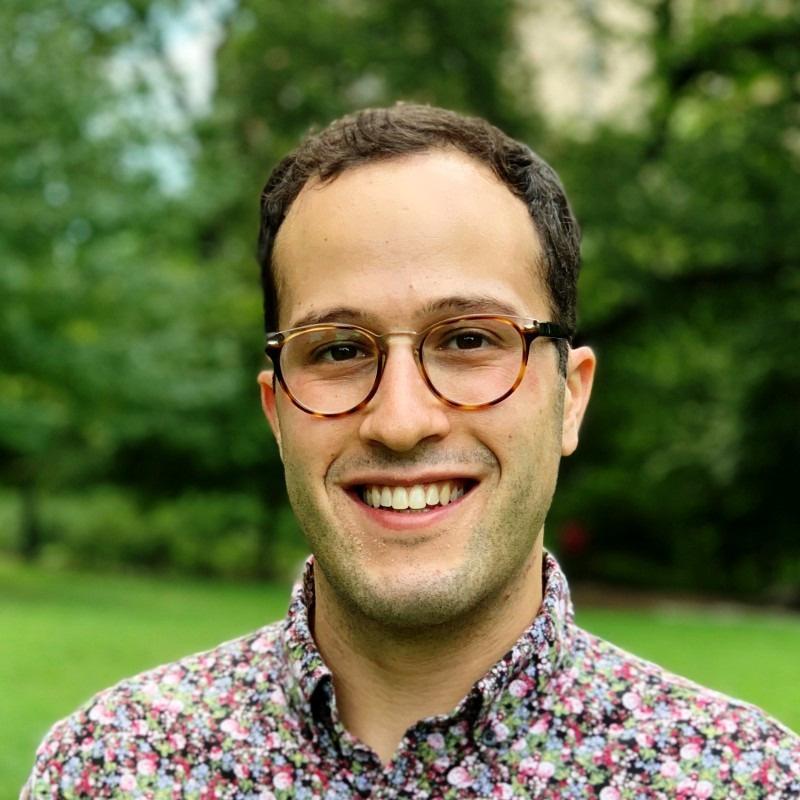 Claire Tiunn, Pomona '24
Claire Tiunn, Pomona '24


I sat down (virtually) with Ben Cohen, an alumnus from Pomona College (Class of 2016). In his time at Pomona, Ben majored in International Relations and Russian & Eastern European Studies (REES). He completed his Fulbright in Kyiv, Ukraine after graduation. He then received his master's from Columbia University in Russian & Eastern European Studies. Currently, Ben is a Public Diplomacy Officer at the U.S. Embassy in Bratislava, Slovakia.
Claire: How are you enjoying Slovakia?
Ben: I came here in December 2022. It’s part of the world that I have spent a long time studying, living in, and traveling to. I was lucky to have my first post somewhere where I have expertise in, which is rare for foreign service officers. Bratislava is a very charming city to live in. Although the weather is not as great as it is in Claremont, it is still a wonderful place.
C: What led you to study REES?
B: This is a two-word answer: Professor Rudova. I came in knowing I wanted to be an IR major; I could have taken French to get my language requirement, but Russian interested me more. My family originally came from that part of the world three generations back. Upon taking Russian, I discovered my love for the language and I found my niche. Professor Rudova convinced me to double major and it was the right decision for me. The Russian Program at Pomona is great, and Russian is such a fun language to study.
C: What is your favorite memory from the Russian Program?
B: Russian Tea. I felt the strongest sense of community there. I also remembered excursions to Los Angeles for cultural activities very fondly. Russian conversation classes are also amazing, especially for the residents. The Russian resident brought out the best in everyone. The sense of community in the Russian Program is very special.
C: Why is the REES major salient, especially today?
B: Regional studies is never a bad idea. We always need people who understand the world with nuanced knowledge because we live in such an interconnected world. Right now, there is a major war in the region of REES that is destroying Ukraine. This war may be the most consequential war of our lifetime. The measures we put in place to protect ourselves after World War II are being tested now, like the Trans-Atlantic alliance. We need people who understand the region, the politics, and the cultures to continue to put one foot in front of the other during this catastrophic war.
Can you live without a pair of Louis Vuitton pants?

Yarik Boriskin, Pomona '26
Opinions expressed in this article vis-à-vis the war in Ukraine do not reflect the views of the editorial staff of Vestnik nor the views of the Pomona College Russian Program.
“Can you imagine that a coat in Moscow Central Mall (TSUM) now costs the same as one in Paris?” The tone of surprise in this question absolutely struck me. I was furious. I started wondering if we Russians were actually capable of making a decent coat, equal in its beauty to the one made by the French fashion houses. We definitely are!
However, after analyzing this scene for a bit, I understood that my friend, who had just come from a trip to Russia, did not mean anything offensive. As with all Russians living abroad and earning money in dollars, euros, and other currencies, we have just gotten used to everything being cheap, especially relative to the West. The military actions in Ukraine, however, have made this “price paradise” no longer possible. The coat by Louis Vuitton indeed costs the same as the coat by Valentin Yudashkin.
Since the collapse of the Soviet Union, Russia has enjoyed access to Western markets and has created ties with the Western world. Now, the Russian government only talks about sovereignty and independence from the Western influence. Now, there is an urgent need not to buy something from somewhere else, but to build something of our own. Dresses à la mode have become as important to Russian independence and self-respect as the new planes.
Despite some loss of connections with Europe and the US, the Russian fashion industry has gotten an enormous boost for its development – all the business rivals are gone, maybe for good. This chance could have been ignored by the Russian fashion brand “You Wanna” which has gotten significantly bigger since February 24. You Wanna was founded by two sisters, Yuliya Eliseyeva and Nigina Shukurova who aimed to “make fashion more accessible and comprehensible for every woman.” The brand has grown from homemade skirts and tiny shops in Moscow suburbs to hiring enough staff to sustain two factories and 10+ shops all across Russia, not just in Moscow and SaintPetersburg.
Nigina is sure that “we also have a whole bunch of talented people in the [fashion] industry who can create their own [brands].”
The story of this still small, but rapidly developing Russian fashion brand is not at all different from any other fashion brand or any other industry. Zara, H&M, McDonalds, Mercedes-Benz and many others left Russia after the brutal escalation of violence in Ukraine.
However, the rules of economics are not going to be changed. Where there is the demand, there is going to be the supply. And Russians are as capable of creating this supply as everyone else. Nigina Shukurova optimistically believes in the development of the Russian fashion industry after the Western sanctions. “The demand has remained at its level, but the supply has significantly decreased,” says the founder of You Wanna. She even mentions that at some point the waiting list for their goods “had reached its absolute maximum.” You Wanna is definitely not alone in such an optimistic mindset. As many others in Russia, they believe that Russians are capable of creating decent quality clothes without anyone else’s assistance.
15
“

Ленин жил, Ленин жив, Ленин будет жить Lenin lives, Lenin will live!”) - That was the motto of my parent’s “Soviet Young Pioneer” years. Growing up in Temirtau, an industrial town in Kazakhstan, a trip to the capital of the Soviet Union was a once in a lifetime opportunity for them. Back in their day, there was one place that everyone had to visit in Moscow: Lenin’s mausoleum.
I remember my dad telling me about how he and his family waited in line for six hours to be able to see Lenin’s body, and how excited, patient and respectful he was, despite
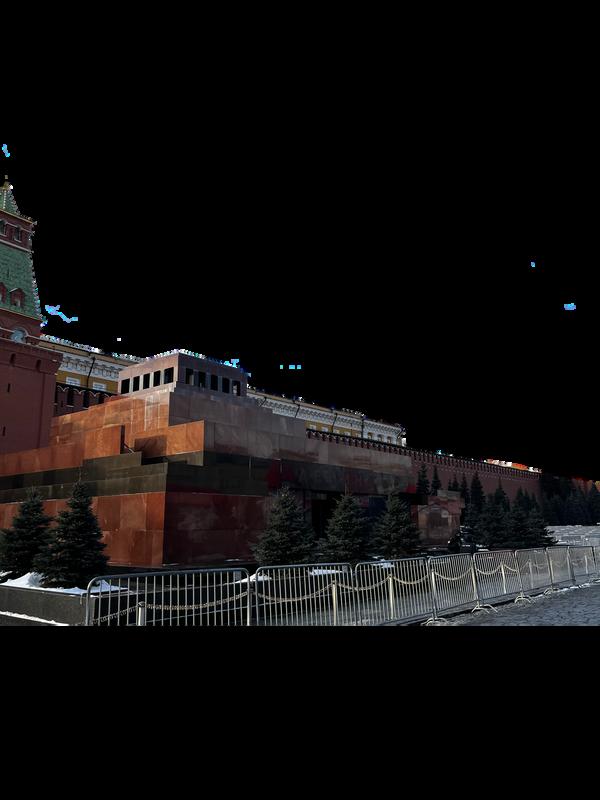
“Ле E
Family Stories
Many students involved in the Russian Program have familial ties to Russia, Ukraine, or other parts of the post-Soviet bloc. Those connections may be as immediate as parents, or farther back. This semester at Vestnik, we wanted to highlight some of the unique stories members of the REES community at Claremont have to share. These stories cover life in Russia and the Soviet Union from pre-Revolutionary Jewish communities, to soldiers in the White Army, to life as a student in the Soviet Union. We hope you enjoy learning about the various stories that shaped the families of Claremont students.
Like many other Americans, I don’t know many specific details of my family background. However, I do know enough about my mother’s side of the family to make some inferences. Prior to moving to the United States in the very early 1900s, my Jewish family lived in the Pale of Settlement in the Russian Empire. The Pale of Settlement was the only area of the Russian Empire where the Jewish population was allowed to live. It consisted of modern-day Belarus and Moldova, as well as parts of



One city that my ancestors came from was Orsha, in modern-day Belarus. In 1880, there were about 13,000 people living there, and more than half were Jews, who worked artisan and day-laboring jobs. While the city was not economically prosperous, the Jewish community was very tight knit. They had various charitable organizations which took care of the sick and provided money and charity to those in need. There were also various small Jewish schools that provided a religious education as well as a


In the late 1800s and early 1900s, pogroms (riots with the purpose of pushing out or massacring an ethnic group) began to happen frequently in the Pale. While I don’t know much about my family’s decision to leave, I know that the timing lines up, because my family left for the United States in the early 1900s. This mass exodus of Ashkenazi Jews to the United States would forever transform the

Alexander Alexandrovich Souroff
Alexander Assoufid, Pomona '26
At the end of fifth grade, every student received a sheet of paper that listed the languages French, Spanish, and Russian: languages we had to choose to learn in middle school. Since I already spoke French at home (and I actually wanted to learn a new language rather than get an easy A), I immediately eliminated French from the list and had to choose between Spanish or Russian. The choice seems obvious: Spanish. It’s more useful than Russian; there are 57 million people in the US and 488 million people worldwide who speak Spanish. However, I felt drawn to the word “Russian.” It reminded me of my great grandfather, and how he escaped Russia for France during World War I. Sure, Spanish was more practical, but Russian would help me reconnect with my great grandfather
I never really learned much about my great grandfather. Although he passed down certain traditions to my grandmother, she says that he always struggled to talk about his life in Russia. However, some of the few things that he left with us were the documents that he received when he arrived in France. These documents describe his military service for the Tsar. After graduating from high school in Voronezh and university at the Polytechnic Institute “Emperor Peter the Great” in Saint Petersburg, he started his military service as a second class officer at the artillery school “Grand Duke Sergei” on July second, 1916. Once he graduated from the artillery school, the General Inspector of Artillery at the Western Front sent him to Ivangorod to serve in the first Ivangorod Regiment of Heavy Artillery as a junior officer on July sixth, 1917. During his time in the first Ivangorod Regiment of Heavy Artillery, he fought in battle against Germans and Austrians. However, he was wounded and bruised at the battle of Haranovitchi on October 17, 1917. After being removed from the front, he volunteered to join the first Cavalry Corps of General Mamontoff and was appointed to the eighth Horse Artillery Battery, called “the Eighth of the Don,” on August 27, 1919. During his time in the eighth Horse Artillery Battery, he fought the Bolsheviks until November first, 1920. At that point he fled Russia through Crimea, and arrived in Gallipoli, Greece, thinking that he might come back to Russia. He ended up fleeing to northern France where he stayed with one of his former superiors who also fled. He traveled around France looking for work (mostly in coal mines). He eventually met my great grandmother, settled in the north of France, and started a family.
His name was written at the top of the document: Alexander Alexandrovich Souroff. Alexander. The same name that my mother gave me when I was born in honor of his memory. Reading his name made me realize that weight that my name carries for my family. Learning Russian would allow me to uphold the memory that my name holds. So, I had a decision to make: Spanish or Russian? Utility or Heritage? I brought the pen to the paper and circled “Russian.”



18
College Life as a Chemistry Student in 1960s USSR
Miriam Akhmetshin,
My grandmother was born in 1945 in the city of Ufa in the republic of Bashkortostan, near the Ural Mountains She graduated from high school with straight As and a medal that would guarantee her admission into a well respected chemistry program in the country At the time, Kazan, in the nearby republic of Tatarstan, had a very well known chemical institute, so she decided to move there to pursue her studies She spent five years at what is now known as the Kazan Federal University getting what is the equivalent of a combined bachelors and masters degree After that, she completed her PhD in organic compounds in three more years


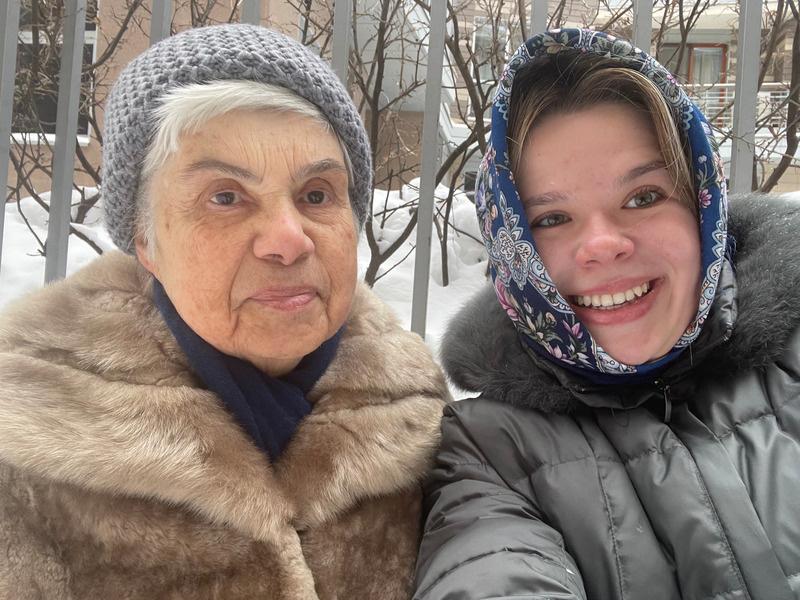
Though not the norm in the United States at the time, women had long been pursuing higher education and serving as professors in STEM fields in the USSR, and there was significantly more gender equality for both political and economic reasons However, her 1960s university experience was very different from my current experience in Claremont
Around 8:30 each morning, she left her shared apartment and took the tram to her lectures which lasted the entire morning. In the afternoon and evening she would work in the laboratory. Sometimes, she wouldn’t get home until 12:30 in the evening. However, almost every night she and her friends would go ice skating. Before there were ice rinks, they would skate on the frozen Kazanka River at 11 pm, and she was known to her friends as the Queen of Skating. During summers she and her friends would go to the woods and on expeditions. She even once went to the Caucuses, in the southern USSR.
On weekends, students would attend dances, which my grandmother described as “50 plus people packed into a room.” However this was no CMC Wedding Party.
Scripps '26
My grandmother says that no one was drunk at these events (partially because no one had the money to get drunk), and that they would drink a little cheap wine but not hard alcohol The music consisted of Soviet pop, jazz, and rock and roll If a girl caught a man’s eye, he would ask her to dance, and if things went well, he’d walk her home All very tame In an age without personal telephones, love interests would get in touch by showing up to your apartment, laboratory, or work Many men were interested in my grandmother, but she eventually married my grandfather, who was a couple of years older than her, but also studying chemistry at the university
My grandmother remembers her student years very fondly, but they were significantly more difficult than Claremont Colleges experience Though paying for college wasn’t an issue like it is now in the United States, students had little money In the summers, students had to do nine to ten hours of unpaid manual labor on weekdays for around two months as members of the Komsomol. My grandmother would break rocks and lay bricks for buildings. During the school year, they did countless hours of homework and laboratory work. This even included going to school until lunchtime on Saturdays for the first three years. Yet many of these were bonding experiences , and she has stayed friends with people she met in school for decades. Her university experience was much happier than that of my parents in the 80s, as she was in university after Stalin’s death in a special period of optimism that ended in the late 60s/early 70. There was lots of money in science, and students enthusiastically believed they could contribute positively to their country. It is interesting for me to compare my grandmother’s experience to my own, and she inspires me to continue working hard towards my goals.
Meet our New Language Resident!
My name is Xeniya Amelina and I come from a country located in the very heart of Eurasia – Kazakhstan. Fun fact: my name and surname can be used somewhat interchangeably! For the last seven years I have been using Amelina as my first name whenever I went abroad. It first started as a gesture of convenience on my part, since the majority of foreign people either had difficulty pronouncing my first name correctly or thought that Amelina was my actual name (in all fairness, such a name does indeed exist!). Eventually I got so used to it, that now it feels completely natural to hear people call me Amelina. Xeniya, however, has Greek origins and means ‘hospitable’ and ‘foreigner’.
My story on planet Earth began on January 3, 2002, when, on a cold winter day, I was born in the city of Kostanay (in northern Kazakhstan) to a family that traces its roots back to 19th century Russia. My grandfather came to Kazakhstan in the 1950s during the Virgin Lands campaign (Tselina) and my great-grandmother moved here after the Great Patriotic War, in which she fought. Similarly, millions of other people from across the globe ended up in Kazakhstan due to various historic events. They transformed the country into a giant jar of cookies, where each cookie now represents a different nationality that lives in peace with all the others. Nowadays Kazakhstan is pursuing a policy of trilingualism, which means that everyone is encouraged to speak Kazakh, Russian and English. Having been raised in such a multicultural community I developed a passion for languages at a very young age.


I began teaching myself English when I was only eight years old. I used teach-yourself books and dictionaries that I had at hand and it wasn’t until I turned twelve that I started taking actual English lessons. My huge interest in it then culminated in the English Language major, for which I chose German as my minor. I spent August 2023 in Heidelberg, Germany. It was my first experience of immersion into the German-speaking environment, and first time studying abroad with a scholarship. I took hours of intensive German classes in the mornings, spent afternoons participating in various workshops, and enjoyed evenings and weekends exploring Heidelberg and the rest of Germany alongside my new international friends. Those 31 days felt like six months; a brilliant, memorable, and extremely productive six months.
In Germany I was also successful at finding time for my hobbies. In fact, I have quite a few of them. I’m keen on photography, collages, cycling, literature, basketball, writing and much more! In all honesty, I never feel bored. I find it especially fulfilling and inspiring when I can share my interests with like-minded people. I enjoy broadening my horizons, therefore all sorts of meaningful discussions and learning captivate me!
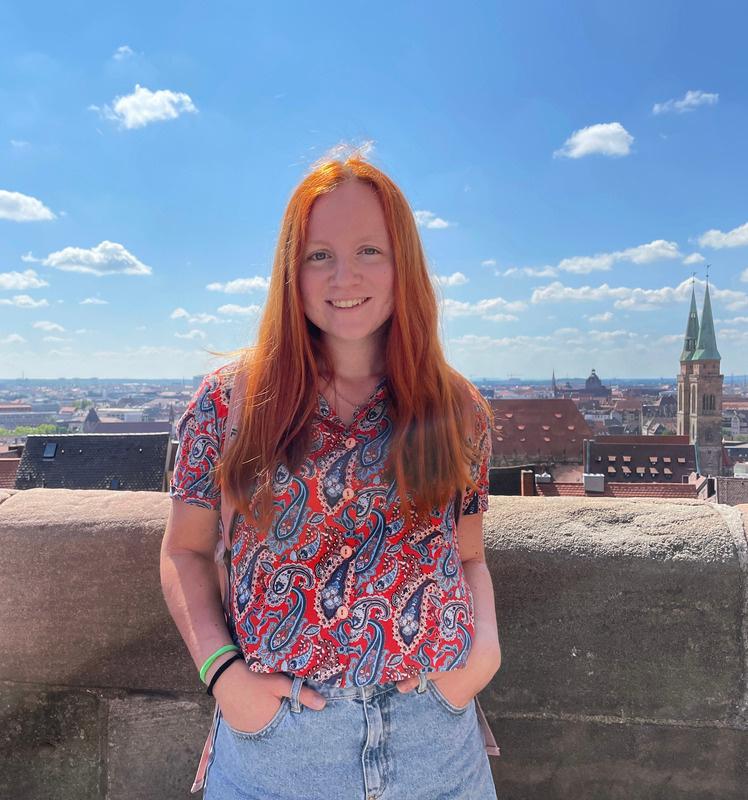
Natalie Owen, Scripps '25
Down
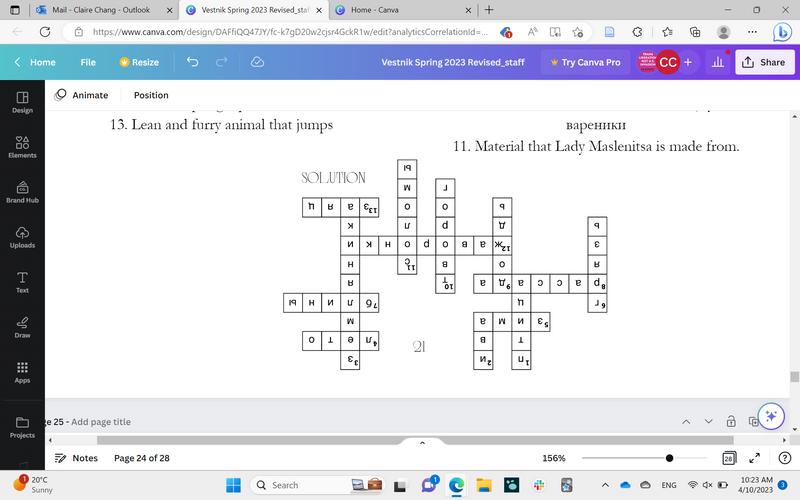
1. Animal that returns by air and signals the coming of spring



2. Weeping or cascading tree
3. Small, red, tart, sweet, delicious fruit that you can find growing wild
6. Wet result of dirt mixing with melting snow
9. Springtime precipitation
10. Made from sour milk curd; can be enjoyed in вареники
11. Material that Lady Maslenitsa is made from. solution
Весна: a Spring Crossword
21
In Memoriam: Emeritus Professor Jerome J Rinkus

“Hodge also noted that in the early 1980s, before word-processing software, it was also difficult to find Russian typewriters “I vividly recall the way he painstakingly handwrote and glossed entire stories and long poems, then handed out the photocopies to us He was indefatigable,” Hodge said
Rinkus also had a policy for students in his beginning Russian class who struggled to find the words in their limited vocabularies to accurately describe aspects of their personal lives in Russian
Emeritus Professor Jerome J Rinkus, who taught Russian language and literature at Pomona for three decades, died on February 24 He was 84
Rinkus arrived at Pomona in 1973 and remained at the College until his retirement in 2003, serving for a time as chair of the Department of German and Russian
A specialist in 19th century Russian literature the era of Tolstoy, Turgenev, Dostoyevsky and Chekhov Rinkus came of age during the Cold War, studying Russian at a time of critical interest to the U S government
“In a sense, politics has influenced the overall pattern of my life,” he told Pomona College Magazine in 2003. “But it is the love of literature that has kept me going.”
Rinkus was an undergraduate at Middlebury College when the former Soviet Union launched Sputnik, Earth’s first artificial satellite, igniting the space race between the U.S. and the USSR that led to the first Moon landing in 1969.
After graduating from Middlebury, cum laude, in 1960, Rinkus was awarded a National Defense Education Fellowship to continue his study of Russian from 1960 to 1964, earning a master’s degree in Slavic languages and literatures from Brown Universi doctoral studies at Brown were interrupted when he w during the Vietnam War, serving from 1966 to 1968, returned to Brown and earned his Ph.D. in 1971. Rin his doctoral dissertation on the work of Sergey Aksak his master’s thesis on Maxim Gorky He taught at Bu University from 1968 to 1973 before arriving at Pom
If not for Jerry Rinkus, I would not have embarked o I’ve enjoyed for the past three decades,” said former P Hodge ’84, now a professor of Russian at Wellesle made a huge difference in my intellectual life and in t many other Russianists who passed through the depa lovingly nurtured at Pomona ”

“I don’t care if you tell the truth, as long as it’s grammatically correct,” Rinkus told his students “Every student in the room broke out laughing,” Hodge recalled “I announce an identical policy for my own students every time I teach Elementary Russian ”
During the early parts of his career, Rinkus noted when he retired, many of his students learned Russian in preparation for government jobs as translators, diplomats or to work for the CIA.
“If you studied Russian in the old days, you could either work for the government or teach,” he said in 2003. “When the Soviet Union collapsed, interest in Russian dropped 40 to 50 percent. It was almost as if they were studying it to understand our enemy.”
During his long career, Rinkus earned grants and fellowships from the National Endowment for the Humanities and the Mellon Foundation, among other organizations. He traveled to the Soviet Union numerous times during the Cold War when it was uncommon for Americans to do so, participating in teaching exchanges, leading tours and conducting research.
He led a Pomona College alumni tour group to Russia, Siberia and Central Asia in 1978. In 1990, during the era of glasnost under the Soviet leader Mikhail Gorbachev, Rinkus led a Pomona alumni tour group that visited Tallinn, Leningrad (now St Petersburg), Moscow and cruised the Volga River the year before the 1991 ndson of o his spouse John and since 2015,
22
RUSSIAN & EASTERN EUROPEAN COURSES
RUSS 1 PO Elementary Russian 1 (Liana Battsaligova)
RUSS 33 PO Intermediate Russian (Larissa Rudova)
RUSS
186 PO Animated Russia (Konstantine Klioutchkine)
RUSS 189B PO
The Great Experiment: Avant-Garde Art and Architecture in Russia (Liana Battsaligova)
HIST 178 PO World War II in Eastern Europe (Pei-Yi Chu)
HIST 133B CM
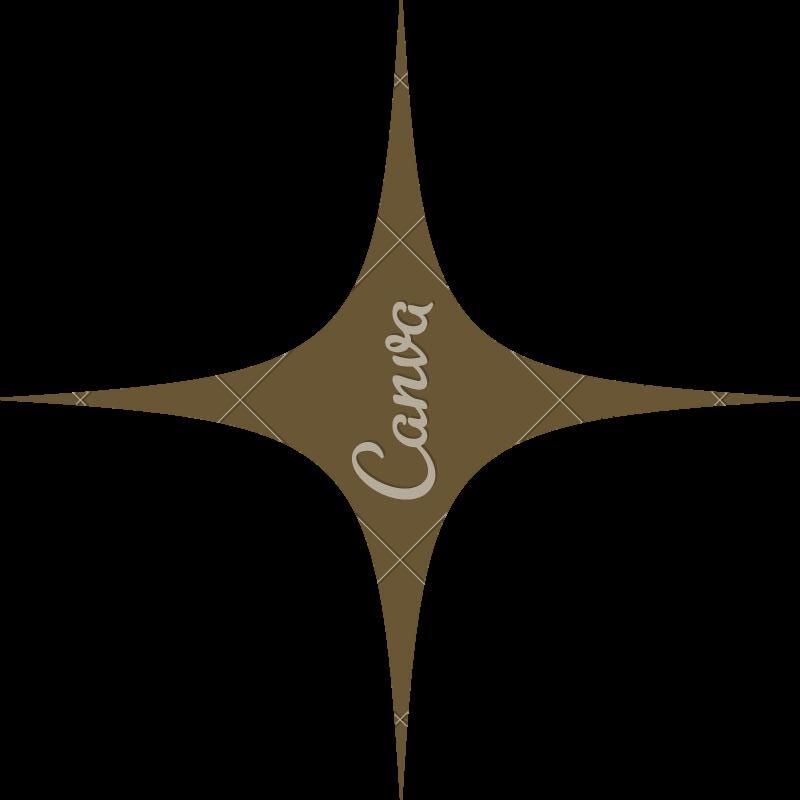
Modern Russian History, 1917 to the Present (Gary Hamburg)
GOVT 173C CM Russian Politics (Hilary Appel)
POLI 156 PO
Politics of Eastern Europe and the Balkans (Mietek Boduszynski)
MW 10:00-10:50AM
TTH 9:35-10:50AM
MW 11:00-11:50AM

TTH 9:35-10:50AM
TR 2:45-4:00PM
W 1:15-4:00 PM
W 1:15-4:00PM
TTH 2:45 - 4:00PM
M 2:45-5:30PM
MW 1:15 - 2:30PM
FALL 2023
DEPARTMENT OF GERMAN AND RUSSIAN POMONA COLLEGE
AVANT-GARDE
ART AND ARCHITECTURE IN RUSSIA
FALL 2023
W 1:15 - 4 PM LIANA
IMAGE: EL LISSITZKY, PROUN 99 (1923-1925)
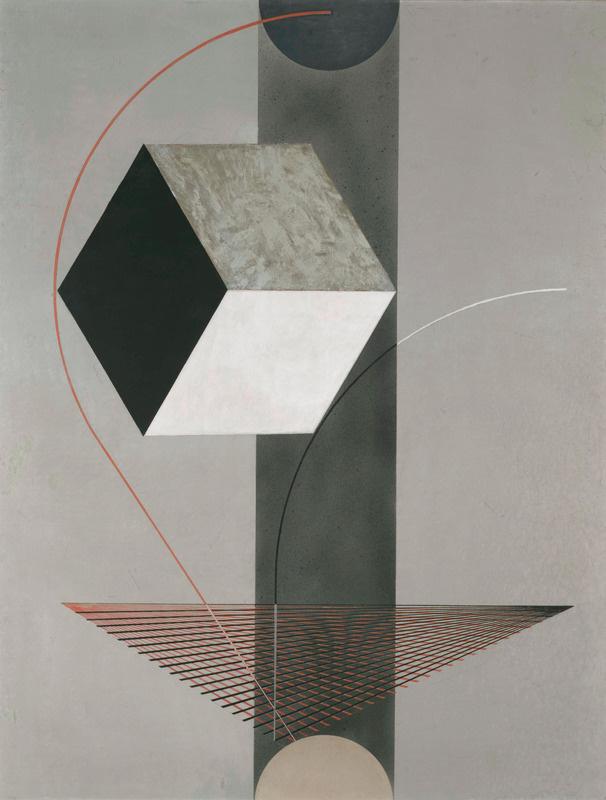
BATTSALIGOVA

















 Claire Tiunn, Pomona '24
Claire Tiunn, Pomona '24






 Natalie Owen, Scripps '25
Natalie Owen, Scripps '25





 Claire Tiunn, Pomona '24
Claire Tiunn, Pomona '24










